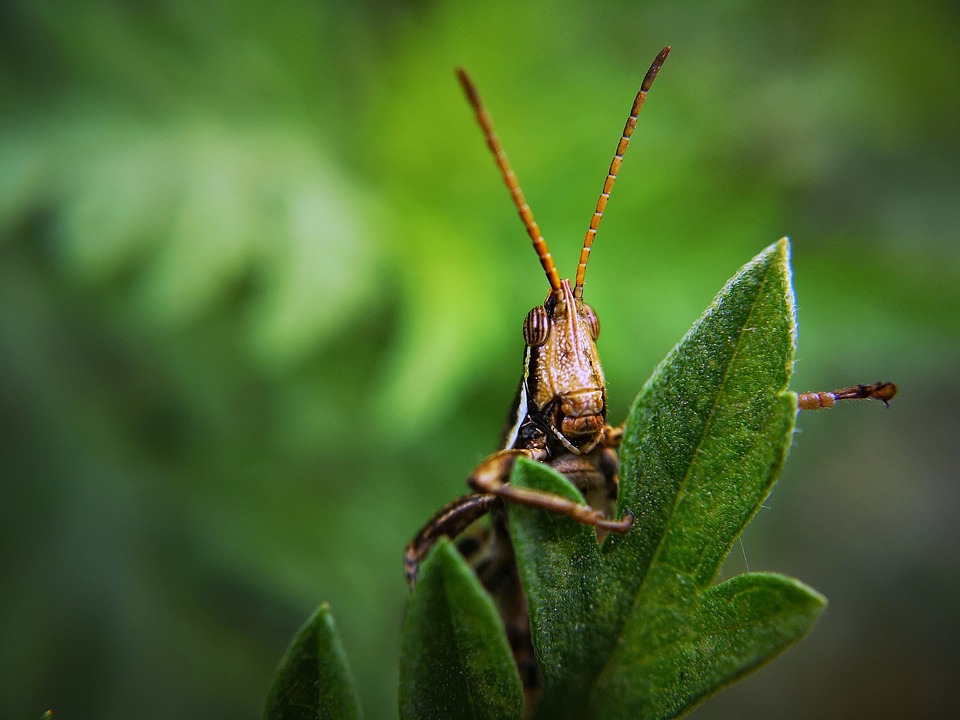Thriving Gardens: The Key to Sustainable Plant Health
Having a thriving garden not only adds beauty to your home but also contributes to a sustainable environment. Healthy plants play a crucial role in maintaining ecological balance, providing oxygen, and supporting diverse ecosystems. In this article, we will explore the key factors that contribute to sustainable plant health and how you can create a flourishing garden that benefits both your plants and the environment.
The Importance of Sustainable Plant Health
Healthy plants are essential for a sustainable environment. They help purify the air, provide food and habitat for wildlife, and contribute to the overall well-being of the ecosystem. By promoting sustainable plant health in your garden, you are not only enhancing the beauty of your surroundings but also playing a part in preserving the planet for future generations.
Key Factors for Sustainable Plant Health
1. Soil Health
Healthy soil is the foundation of a thriving garden. It provides essential nutrients and a stable environment for plant roots to grow and thrive. To maintain soil health, it is important to regularly test the pH levels, add organic matter such as compost or mulch, and avoid overusing chemical fertilizers and pesticides.
2. Water Management
Proper water management is crucial for sustainable plant health. Overwatering can lead to root rot and other diseases, while underwatering can cause stress and stunted growth. It is important to water plants deeply but infrequently, preferably in the morning or evening to reduce evaporation.
3. Sunlight Exposure
Plants require sunlight to photosynthesize and produce energy. It is important to place plants in areas where they can receive adequate sunlight based on their specific requirements. Some plants thrive in full sun, while others prefer partial shade. Understanding the sunlight needs of your plants is key to ensuring their health and growth.
Creating a Thriving Garden
Now that we have covered the key factors for sustainable plant health, let’s discuss how you can create a thriving garden that promotes the well-being of your plants and the environment.
1. Choose Native Plants
Native plants are well-adapted to the local climate and soil conditions, making them easier to maintain and less reliant on water and chemical inputs. By choosing native plants for your garden, you can create a sustainable ecosystem that supports local wildlife and biodiversity.
2. Practice Organic Gardening
Organic gardening involves using natural methods to control pests and diseases, such as companion planting, crop rotation, and biological controls. By avoiding synthetic chemicals and pesticides, you can protect the health of your plants, soil, and beneficial insects.
3. Mulch and Compost
Applying mulch and compost to your garden helps retain moisture, suppress weeds, and improve soil health. Mulch also helps regulate soil temperature and prevent erosion. By incorporating these organic materials into your garden, you can create a sustainable environment that promotes plant growth and resilience.
Common Questions About Sustainable Plant Health
1. How can I improve soil health in my garden?
To improve soil health, you can add organic matter such as compost or mulch, avoid compacting the soil, and practice crop rotation to prevent nutrient depletion. Regular soil testing can also help you identify any deficiencies and adjust your fertilization practices accordingly.
2. What are some natural pest control methods for my garden?
Natural pest control methods include using companion planting, introducing beneficial insects, and using physical barriers such as row covers or netting. You can also make homemade insecticidal sprays using ingredients like neem oil, garlic, or hot pepper to repel pests from your plants.
3. How can I conserve water in my garden?
To conserve water in your garden, you can use drip irrigation systems, collect rainwater in barrels, and mulch around plants to reduce evaporation. Watering plants in the morning or evening when temperatures are cooler also helps minimize water loss due to evaporation.
Conclusion
Creating a thriving garden that promotes sustainable plant health is not only beneficial for your plants but also for the environment. By focusing on key factors such as soil health, water management, and sunlight exposure, you can create a garden that supports biodiversity, conserves water, and reduces the need for synthetic inputs. By following the tips and practices outlined in this article, you can enjoy a beautiful and sustainable garden that benefits both you and the planet.


















































